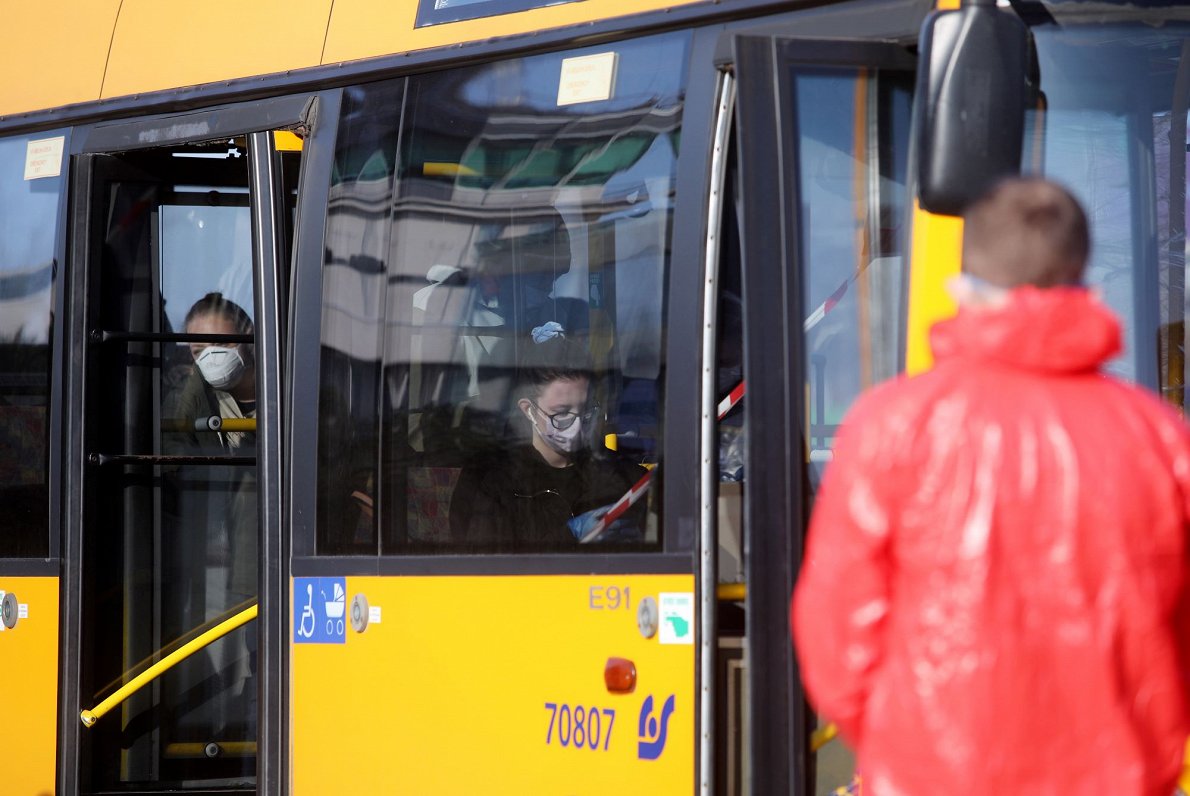Passengers must now cover their nose and mouth during journeys.
While medical-type masks are acceptable for such a purpose they are not compulsory. A scarf, handkerchief or other form of improvised face covering will also be acceptable.
It is the responsibility of the carrier to inform passengers of the requirement to use a mouth and nose mask. In vehicles where boarding takes place through the front door, the driver has the right to refuse boarding to passengers without a mouth and nose covering.
Similarly, train conductors may reprimand passengers and require the use of a mouth and nose mask.
Carriers must ensure that passengers are informed of precautions in audio or visual form in vehicles, websites, stops, bus stations, stations, etc.
The Transport Ministry is also asking that passengers inform their fellow passengers of the precautions required, if necessary, and to inform the driver, the conductor or other responsible officials of any non-compliance.
Drivers or train conductors may, within the prescribed distance, request the temporary removal of the mouth and nose shields of passengers who benefit from fare reductions - such as students and pensioners - in order to identify the person.
"The Ministry of Transport points out that the use of a mouth and nose mask is only one of the measures that every passenger can take to reduce the risk of infection and is in the interests of their own health," the ministry said.
Passengers are invited to use public transport only when essential and to keep a distance of 2 meters as much as possible.
Carriers must monitor the number of passengers in the passenger compartment and designate vehicles with adequate capacity for the route, while maintaining physical distancing. On many buses in Rīga, for example, many seats have been marked with crosses to signal that passengers should not occupy them, while seats without crosses are available. Carriers must also keep the driver away from passengers and disinfect the vehicle interior.






























